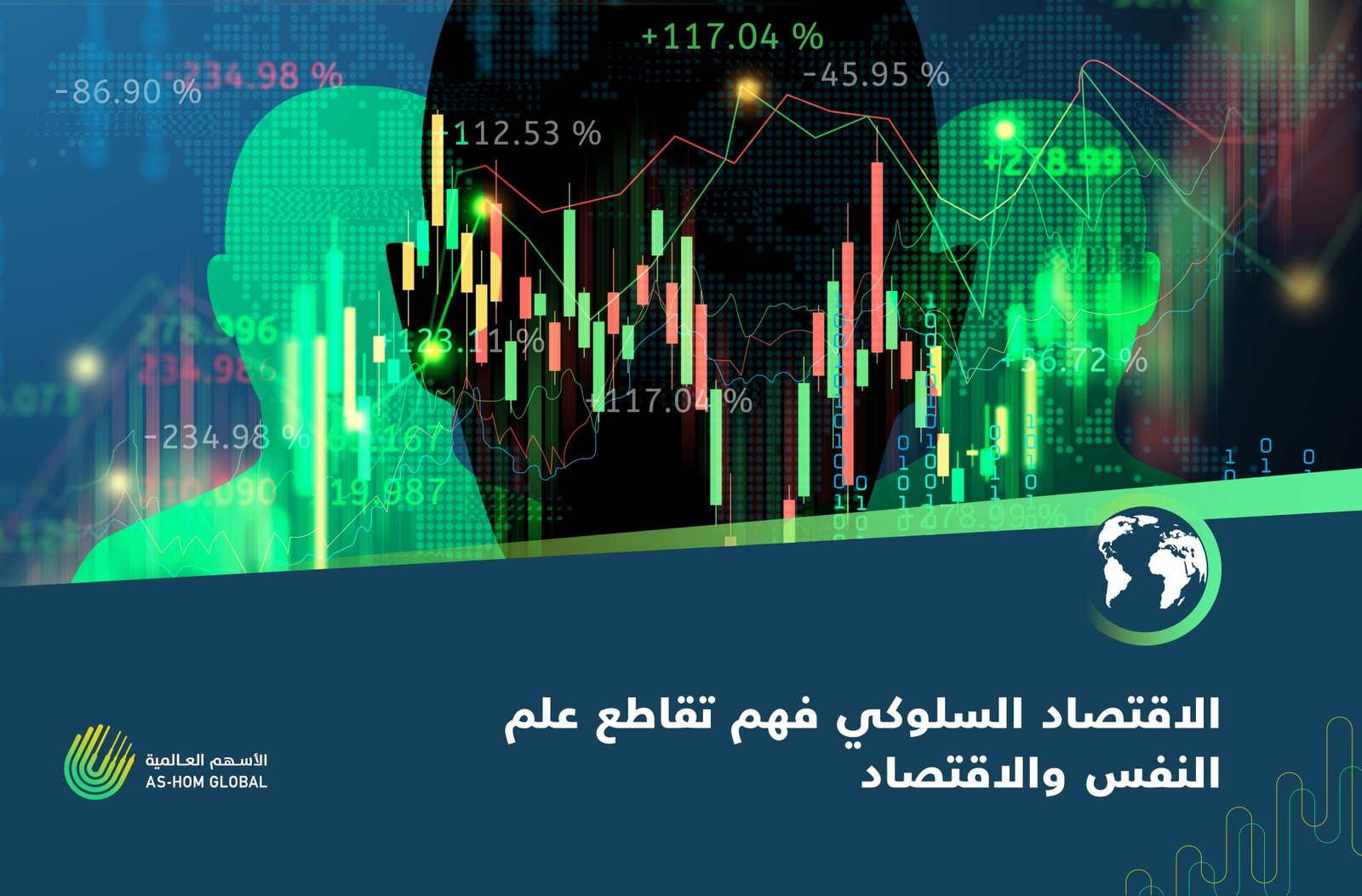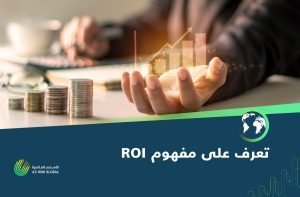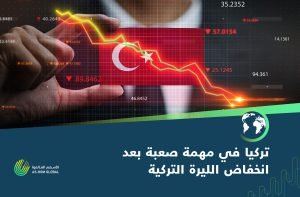Behavioral Economics Understanding the Intersection of Psychology and Economics
Behavioral Economics Understanding is a field that combines ideas from psychology and economics to study how individuals make decisions and how their behavior affects economic outcomes. Unlike traditional economics, which posits rationality and consistent decision-making, behavioral economics recognizes that humans are vulnerable to cognitive biases, emotions, and social influences that influence their choices.
Exit from the traditional economy
Traditional economics assumes that individuals are rational, self-interested actors who make decisions based on maximizing their economic utility or well-being. However, behavioral economics challenges this assumption by incorporating psychological factors into economic analysis. It recognizes that individuals often make decisions outside of strict rationality due to constraints. and various cognitive biases.
Cognitive Biases and Inference
One of the basic tenets of behavioral economics is the study of cognitive biases and heuristics, which are systematic patterns of thinking that can lead to suboptimal decision-making. Examples of common cognitive biases include confirmation bias, loss aversion, overconfidence, and anchoring. These biases can influence economic behavior By influencing choices related to savings, investments, consumption, and risk.
Probability theory and frame effects
Probability theory, developed by Daniel Kahneman and Amos Tversky, is a key framework in behavioral economics that suggests that people do not make decisions based on absolute values but rather on how choices are framed or presented e.g. Bigger when faced with potential losses Understanding the effects of the framework is critical for policymakers and marketers to shape behavior and decision making.
Payment and selection
Behavioral economics emphasizes the concept of "push," which involves designing an environment of choice to guide individuals toward making better decisions by changing the presentation or context of choices Policymakers and institutions can influence behavior without restricting freedom or resorting to mandates Nudges can be used to encourage savings and enhance lifestyles health, and improving overall decision-making in areas such as retirement planning and energy conservation.
Social Norms and behavioral change
Behavioral economics recognizes the power of social norms and peer influences in shaping behavior. Individuals often look to others for guidance on what constitutes appropriate behavior. By tapping into social norms, policymakers and organizations can encourage positive economic behaviors such as charitable giving, tax compliance, or reducing energy consumption. Understanding social dynamics is essential to effectively promoting behavioral change.
Applications and political implications
Behavioral economics has important applications in various fields, including public policy, marketing, finance, and consumer behavior. Policymakers can use insights from behavioral economics to design more effective public interventions, such as implementing default choices, streamlining decision-making processes, or improving marketing disclosures. Businesses can leverage behavioral insights to better understand consumer preferences and influence purchasing decisions.
Behavioral economics provides a valuable framework for understanding and explaining economic behavior by incorporating psychological insights into traditional economic models By recognizing the inherent biases, inference, and social influences that influence decision-making, behavioral economics offers a more nuanced understanding of human behavior and economic outcomes The field has important implications for policymakers For businesses and individuals seeking to improve decision-making processes, promote positive behavioral change, and design effective interventions. By integrating the disciplines of psychology and economics, behavioral economics provides a richer and more realistic understanding of how individuals truly act in economic contexts.



